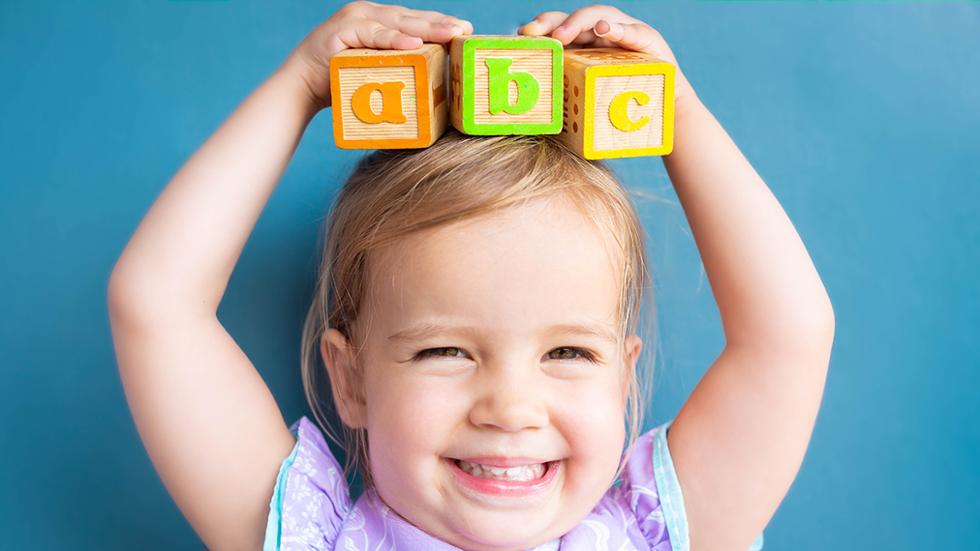
A: There is no definite age when a child should start learning 'Phonics' although most of the Early Years researchers and educators ensure that children are ready to begin this stage of their development in their first year of school, aged between the years 3 and 5, as by this time the children are able to identify all the alphabets, numbers, and its sound.
Phonics is the relationship between letters and the way they sound to a child. It is a common buzzword with parents today as phonics leads to knowledge of words. Phonics lessons are used to educate children on how to read and write an alphabetic language independently and are done by demonstrating the relationship between the sounds of the spoken language, letters, groups of letters, and syllables of that written language.
There are some important factors that Early Years educators and good nurseries consider when making the decision to start the teaching of phonics before or after this time. They understand and adopt the developmental stages of phonics to assess whether the child is ready to learn the phonics strategy by the following:
1. A successful phonics curriculum teaches children to both listen carefully and identify the small units of sounds (or phonemes) that make up a word for them to spell and identify the different sounds made by each letter of the alphabet and blends them together to read a complete word.
2. The child is made aware of the different sounds around them. This builds their skills in accurate listening and spoken language which makes them verbally competent in the chosen language of instruction so that they can easily access the curriculum, socialize, and understand all the educator’s instructions and teaching.
3. The next step is to break down the words into different sounds where they begin to identify that those words are not just made of one sound.
4. The phonics teacher utilizes the child's memory skills to learn words that are not phonetically decodable using rote learning such as flashcards and memory games.
The child is assessed at every stage so that the nursery can decide where they stand in their learning journey and what they need next. Once a child has demonstrated confident skills in the above steps of phonics, they are ready to build phonological awareness and knowledge of the English alphabet, which means that they are ready for more focussed daily learning.
A successful phonics curriculum will continue to support your child's learning up to about the age of 7 years as they learn to read and write independently.
Expert educational settings will access the child's last year of nursery or the beginning of the Foundation Stage year to develop the vital spoken languages, sound discrimination, and oral blending and segmenting skills.
Developing spoken language skills whether at a nursery or at home, significantly improves later learning in school. When parents read books to their children, the child develops an understanding that the combination of letters leads to words. They also start understanding the concept of upper and lower-case letters and identify how the language is written. This is the beginning of the phonics journey for a child.
